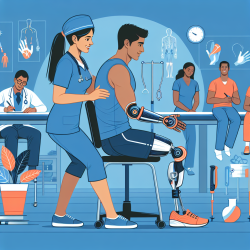The study titled "The clusters of health-risk behaviours and mental wellbeing and their sociodemographic correlates: a study of 15,366 ASEAN university students" offers valuable insights into the health-risk behaviors and mental wellbeing of university students across seven ASEAN countries. This research highlights the importance of understanding these behaviors to design effective interventions and improve practitioner skills in addressing student needs.
Key Findings from the Research
The study identified five distinct clusters of health-risk behaviors among university students:
- Healthy: Students exhibiting safe health behaviors.
- High Sugary Beverage Consumption: A significant portion of students consuming sugary drinks regularly.
- Poor Mental Wellbeing: Students experiencing negative mental health outcomes.
- Smoker: Students engaged in smoking habits.
- Alcohol Drinker: Students with regular alcohol consumption.
The research found that being female, physically inactive, or a non-member of a sports club increased the likelihood of falling into certain unhealthy clusters. Additionally, students in their second year of study were more prone to poor mental wellbeing and other risky behaviors compared to first-year students.
Implications for Practitioners
For practitioners working with university students, these findings underscore the need to tailor interventions that address specific health-risk behaviors. Here are some strategies practitioners can consider:
- Focus on Year 2 Students: Given that second-year students are at higher risk for poor mental wellbeing, targeted interventions during this transition period can be beneficial.
- Sugary Beverage Reduction Programs: Implement programs that educate students on the risks associated with high sugary beverage consumption and promote healthier alternatives.
- Mental Health Support: Encourage participation in sports clubs or physical activities to improve mental wellbeing. Consider integrating mental health resources into academic settings.
- Cultural Sensitivity: Recognize the cultural differences across ASEAN countries when designing interventions, especially regarding alcohol consumption and its religious implications.
The Role of Online Therapy
TinyEYE's online therapy services can play a crucial role in addressing these health-risk behaviors. By providing accessible mental health support and educational resources, online therapy can help mitigate the risks associated with these clusters. Practitioners should leverage technology to reach a broader audience and offer personalized support based on individual needs.
Encouraging Further Research
This study is a stepping stone for further research into the complex interplay between health-risk behaviors and mental wellbeing among university students. Practitioners are encouraged to explore additional studies to deepen their understanding and refine their approaches to student care.










